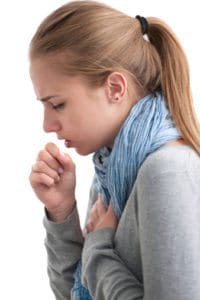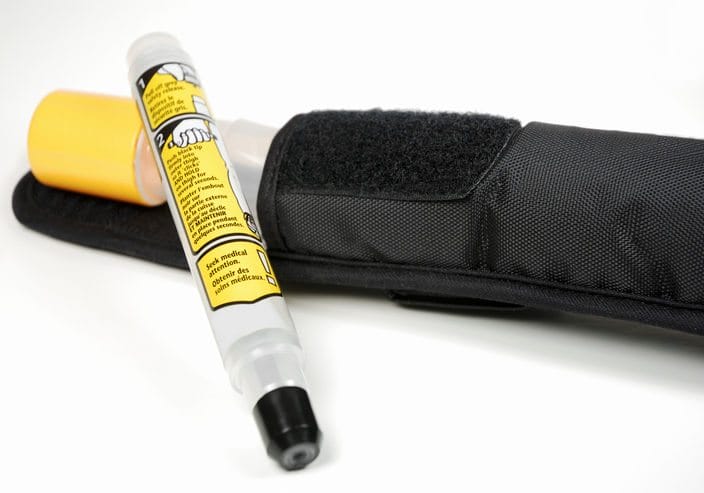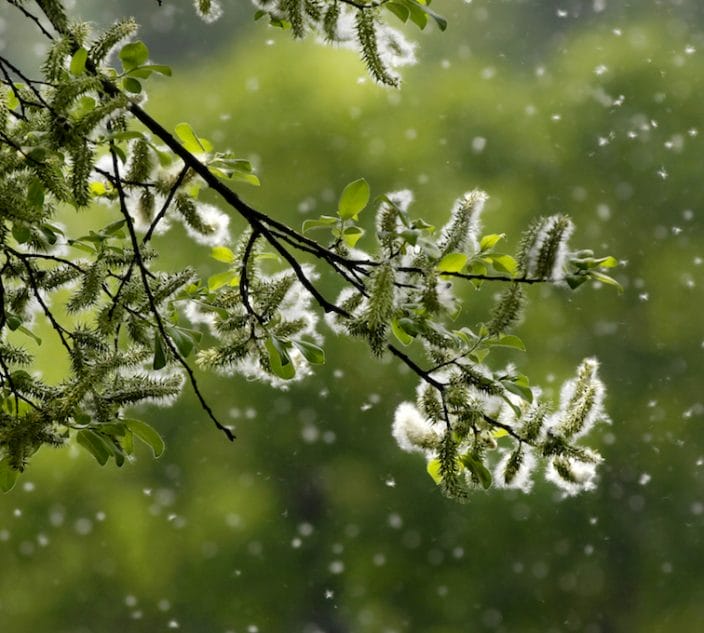
The study, published online in JAMA Pediatrics in March 2016, involved tracking the breathing and wheezing patterns of 320 children from before birth to 7 years old, and then following up with them when they were teenagers.
The Canadian children in the study who wheezed consistently through early childhood had an 11 times higher rate of asthma risk by age 15 as compared to non-wheezers. For kids who outgrew wheezing by young childhood, the asthma risk as a teenager was still four times higher than that of non-wheezers.
The findings underscore the importance of preventive treatments, says the study’s leader author, Dr. Meghan Azad, an assistant professor in pediatrics at the University of Manitoba.
“Our research shows that asthma-associated deficits in lung function are already present at a very young age, suggesting that interventions to reduce early-life wheezing could have significant long-term health benefits,” she said.
The study also involved other U of M, University of British Columbia, and University of Alberta researchers affiliated with Canada’s AllerGen research network.





